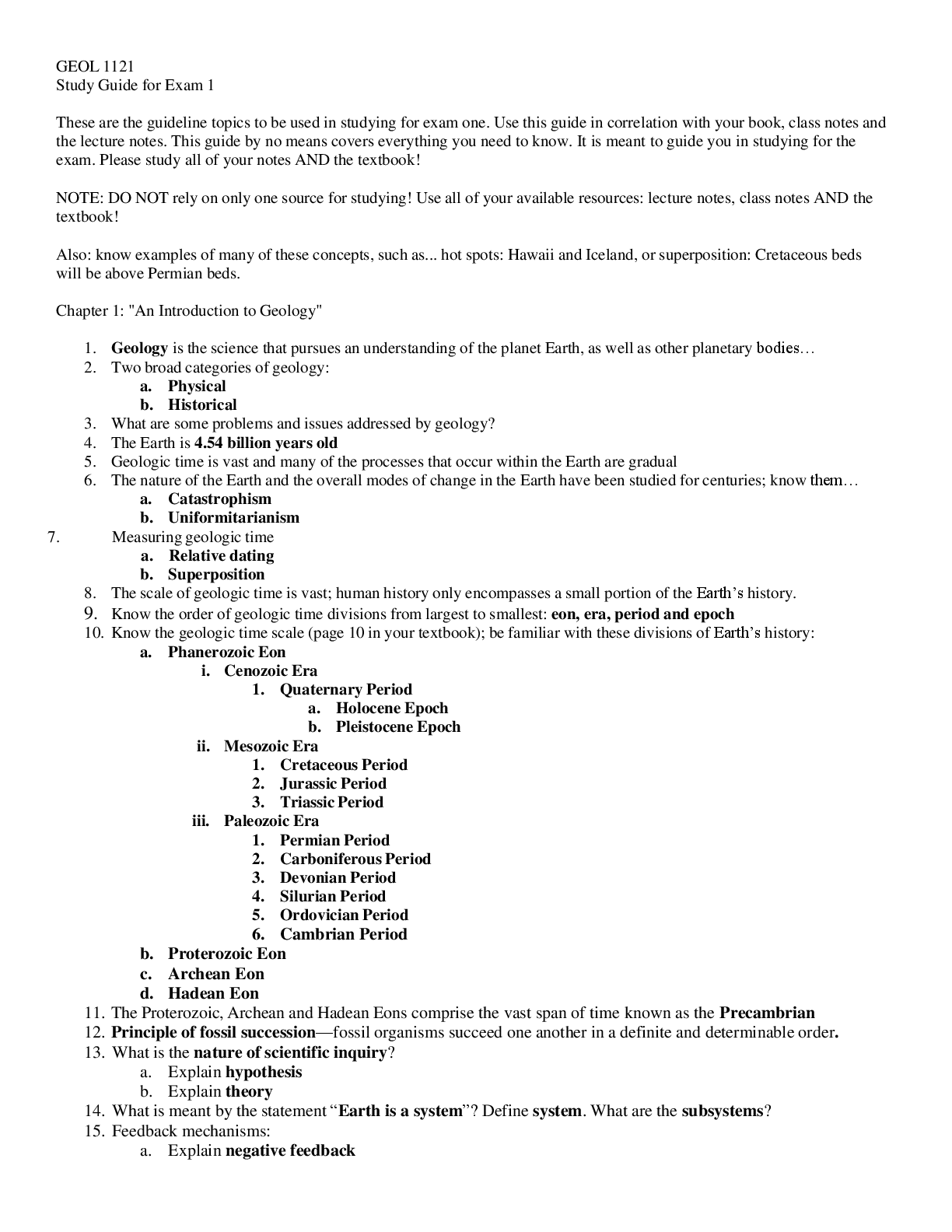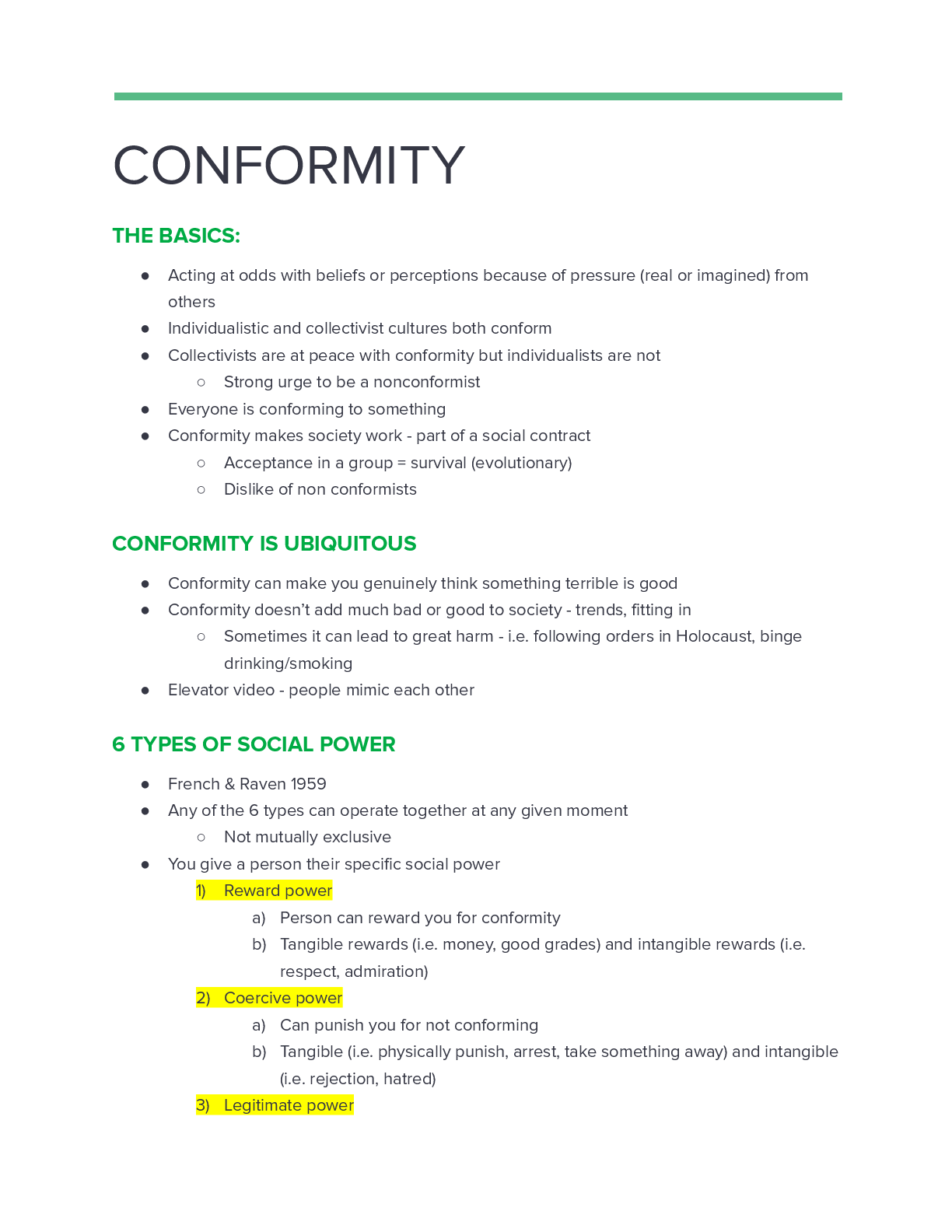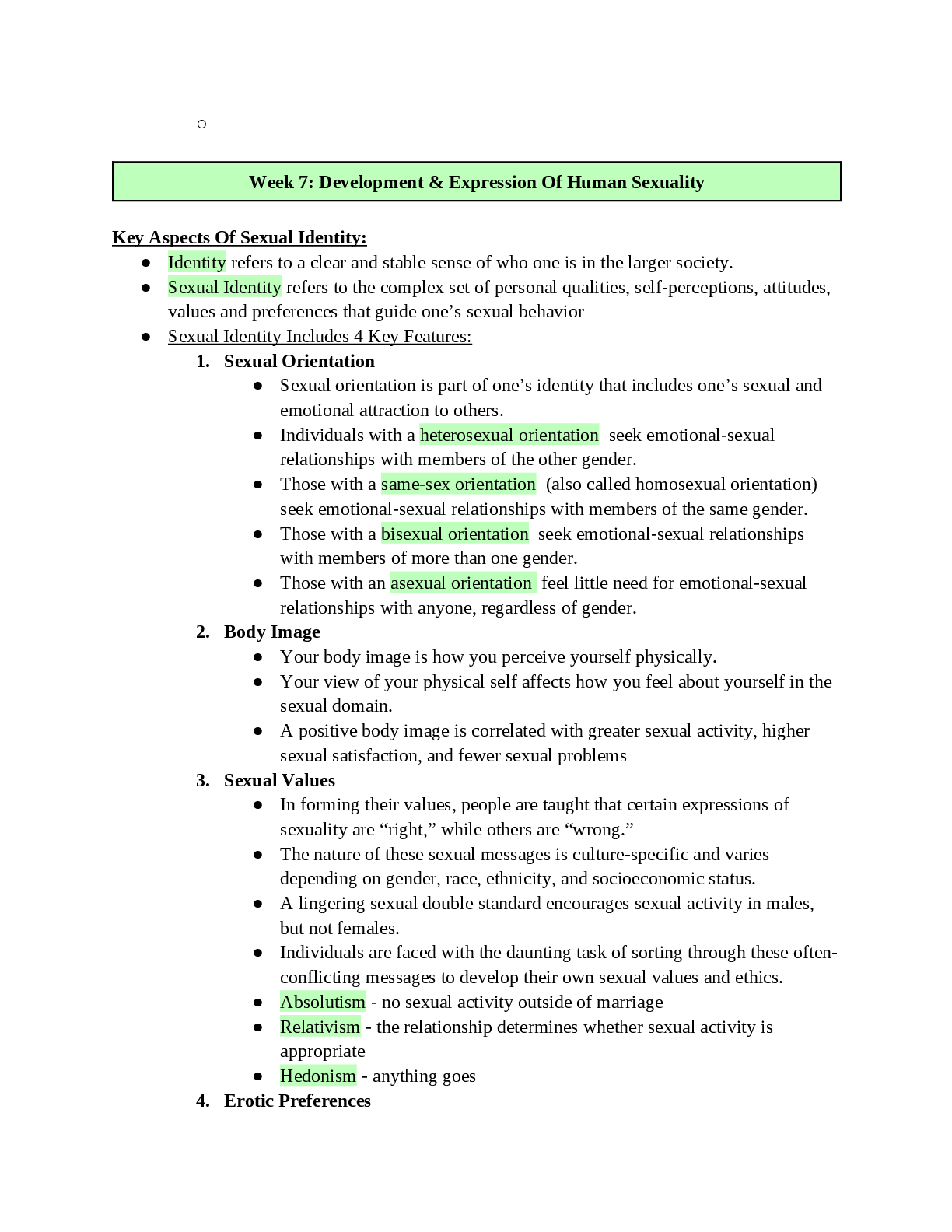Demand-side theories
What drives the demand for immigrant labor?
• Last era of mass migration
Segmented labor market theory
• Idea of “dual” or “segmented” labor markets
• Different labor markets
Segmented labor
...
Demand-side theories
What drives the demand for immigrant labor?
• Last era of mass migration
Segmented labor market theory
• Idea of “dual” or “segmented” labor markets
• Different labor markets
Segmented labor market theory
• Demand concentrated in “secondary labor market”
• Low level jobs
• Low prestige, seen as degrading, bottom of the totem pole
Segmented labor theory
• Chronic nature of demand for immigrant labor
• Prestige differences:
• Can’t be eliminated
• as long as there is hierarchy, jobs will differ in prestige and attractiveness
Demand for
immigrants
High growth occupations
•Low-skilled
•Non-tradable: can’t be outsourced abroad
•Home health aides
•Personal and home care aides
•Higher-skilled occupations
•Rapid proportional growth
•But absolute growth modest
Temporary migration: supply side
• Sojourning: migration as investment or risk-reduction strategy
• Circular migration
• Temporary migration
• One to three moves during a lifetime
Temporary migration: demand side
• Preferences of migrants coincide with those of employers
• Workers go home when jobs disappear
• Costs of unstable workforce low since skills are low
Perpetuation of migration: social networks
• Interpersonal ties between settlers and migrants
• Concepts:
• Migration chains; Friends and family effect; Social capital
• Basic idea:
Perpetuation of migration: social networks
• Impact: Reduce costs, uncertainties
• Physical costs of migration
• Established migrants pay (or provide loans)
Unemployment in receiving society
• Established migrants facilitate finding of new jobs
• Psychic costs (“compensating differential”)
• Environment much less strange
• Many friendly faces, familiar institutions
Perpetuation of migration: social networks
• Migrant institutions
• Network consolidation
Migrant networks
• Impact:
• Make migration a “self-feeding process”
• More difficult to stop
Cumulative causation
• Migration becomes self-sustaining
• Cumulative
• each act of migration alters social context in which subsequent migration decisions are
made
Cumulative causation
Point of origin:
• Distribution of land by migrants
• Buy land for prestige value or retirement
Limits to migration
• Network saturation
• Local labor shortages and rising wages in home community
Gaps in average professional salaries
Reasons for emigration: university students in
southern Africa
High-skilled migration: causes
• Supply
• Expansion of higher education
• Growth in source countries
International Student
Mobility: Temporary or
Permanent Migration?
Determinants of student migration
Post-migration mobility channels: from
student to worker
Percent of immigrants among high skilled
workers in US
“Brain drain” (“Skill flow”)
Global pattern U.S. pattern
Highly educated more likely to move Higher ed in home country
=>high skilled larger share of
immigrants
Case study: Indian immigration
Indian immigrants: educational selectivity
Channels of migration:
student and temporary worker
Supply-side causes
• English proficiency
• Growth of higher education
• By mid-60s, small network, high quality institutions
• Home society demand weak; global access opens
Demand-side causes
• Skill shortages
• 1960s/70s – medicine
• 45 percent of early movers had grad of professional degrees
• Offshoring of programming
[Show More]
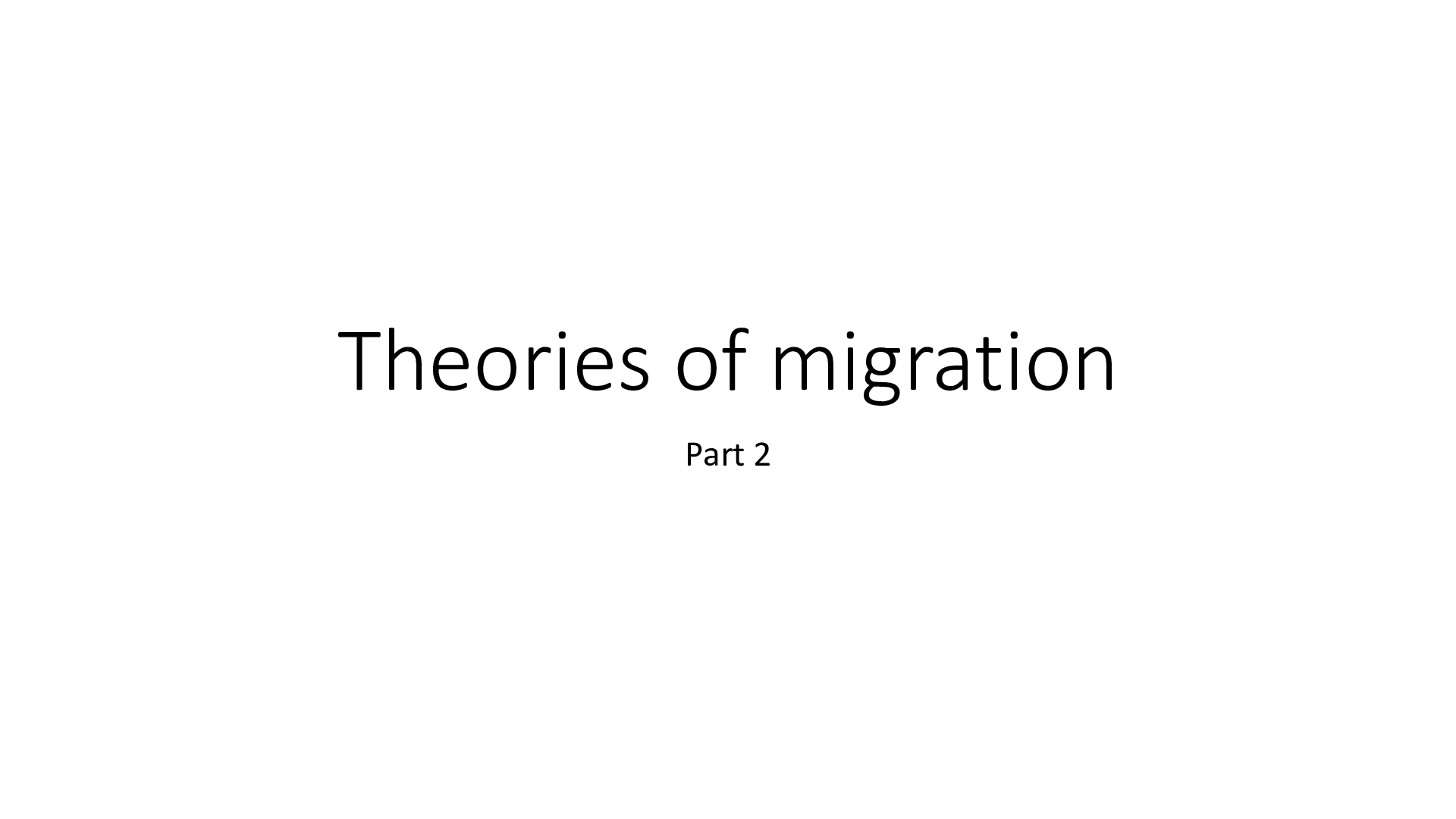





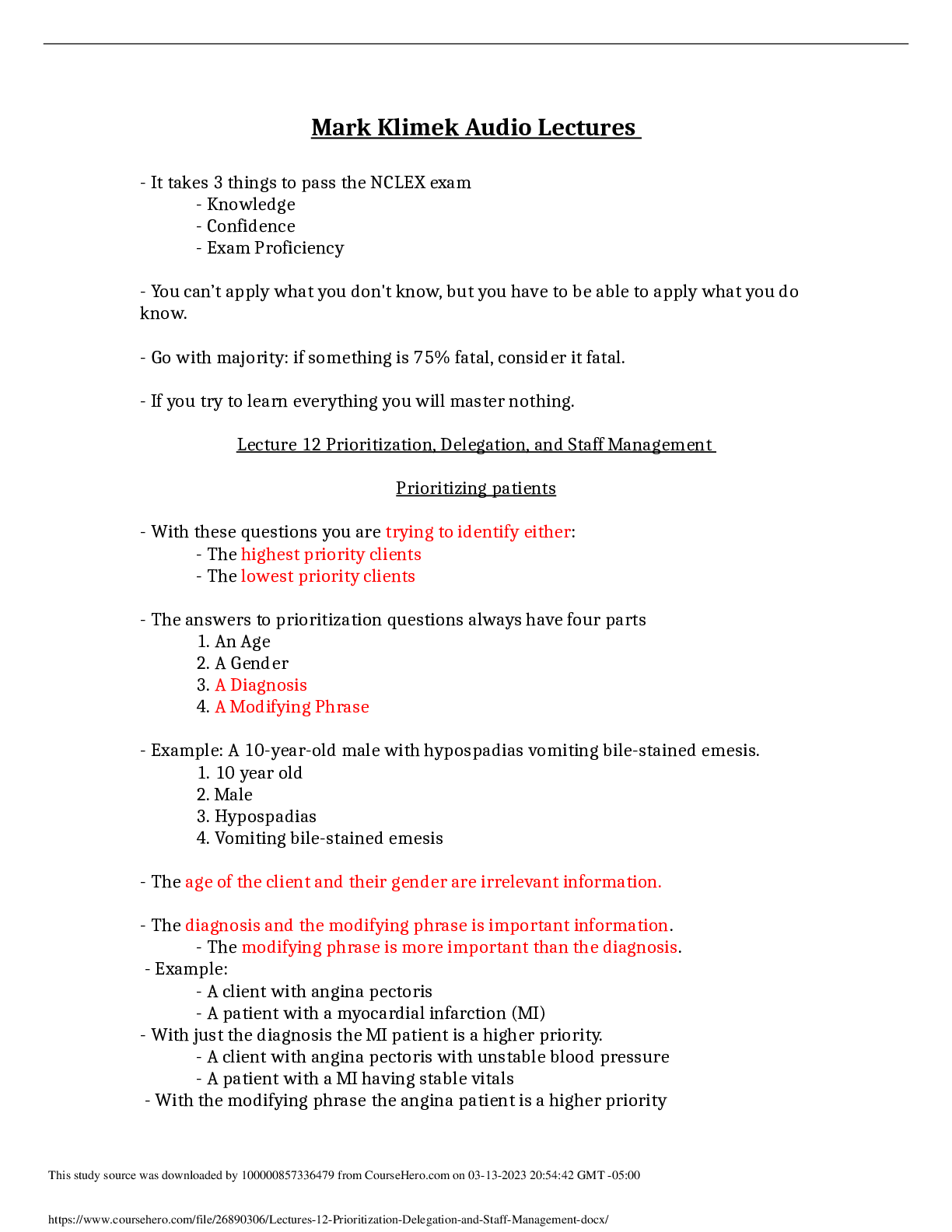



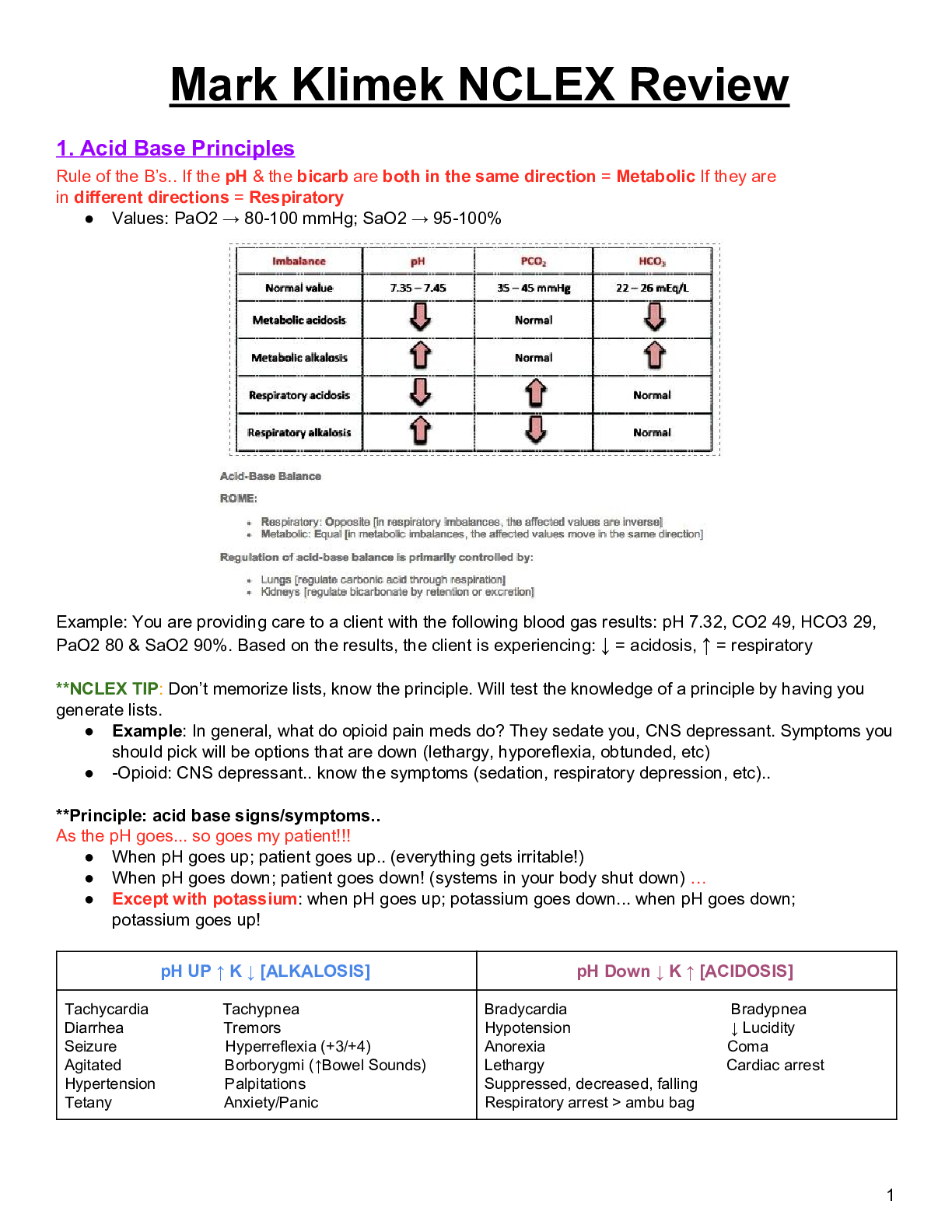
.png)



